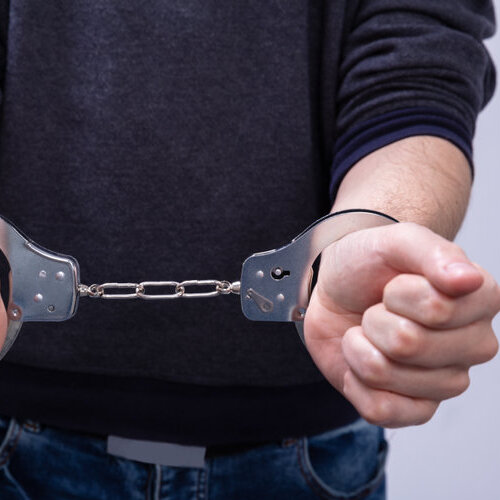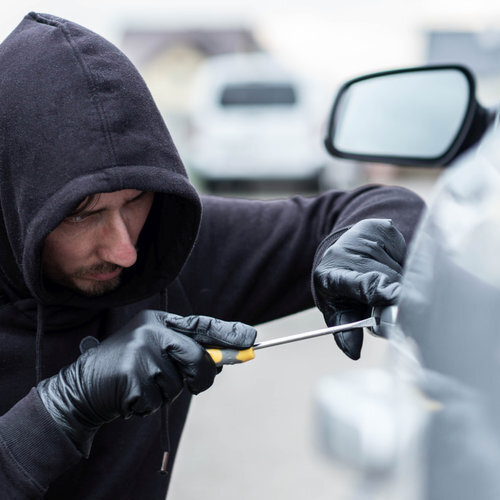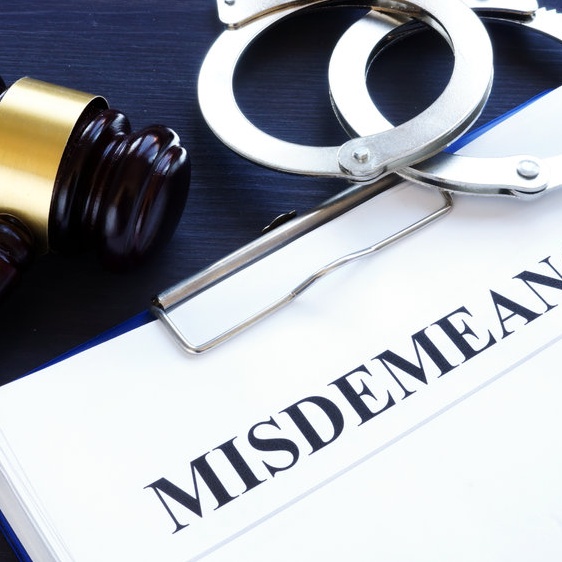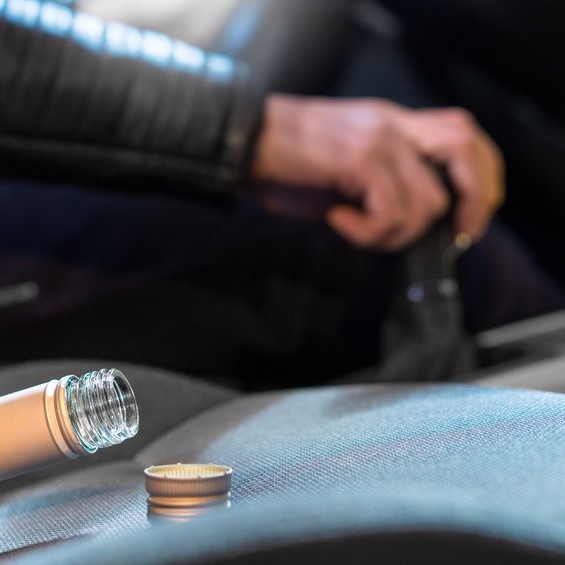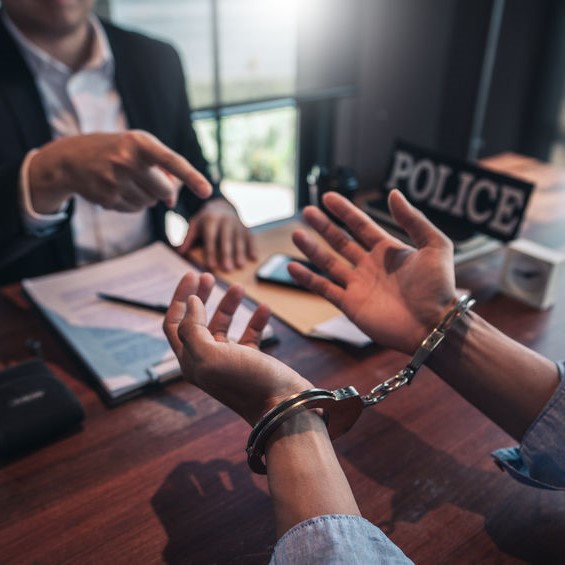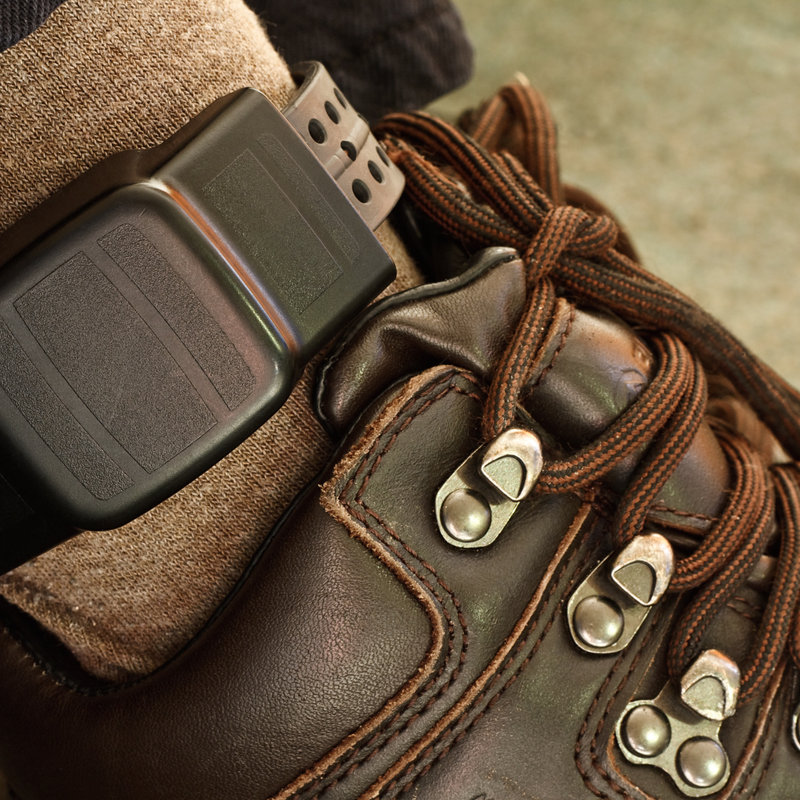
What is probation?
In Georgia, the purpose of probation isn’t just to relieve the expense of feeding and housing another prisoner. It isn’t to relieve the stress of overcrowding in the jail system either, although both are key factors. Probation is an alternative to incarceration and allows the defendant to remain at home with family and the community. But when the defendant has a probation violation, the probation violation bail after the arrest can be higher than the original bail, and they find themselves behind bars again.
What happens when you’re on probation?
When a defendant receives probation in Georgia, it is allowing them to satisfy their jail sentence without being in custody, aka, incarcerated. A judge will determine the terms of your probation, but the conditions will typically include one, a mixture of, or all the following:
- Do not violate any laws.
- Avoid alcoholic intoxication and narcotic habits as well as other non-prescription drugs.
- Avoid disreputable persons or places.
- Report to the probation officer as directed.
- Allow probation officers home or job visits.
- Maintain suitable employment.
- Advise court if you move or leave the city, county, state, or country.
Other conditions that can be required for probation are:
- Attend alcohol/drug awareness courses.
- Attend and complete defensive driving school.
- Attend a MADD, (Mothers Against Drunk Driving), Victim Impact Panel.
- Submit to substance abuse evaluation, aka blood, hair, or other samples, and follow any recommended treatment.
- Undergo evaluation for anger management, deviant behavior, sexual deviancy and/or counseling for other special needs.
- Pay all fines and/or any restitution as directed by the courts or probation officer.
- Perform required community service hours.
- Pay monthly probation fees.
- Do not consume or use any alcohol or drugs without a prescription.
- Submit to random alcohol and drug tests at your expense as directed by the judge or probation officer.
If a defendant misses any or all the restrictions imposed upon them by the judge or probation officer, it is considered a probation violation, bail may or may not be offered by the judge.
What is a probation violation?
Probation is preferable to doing time behind bars, and there is some flexibility that incarceration doesn’t have. The requirements and rules are spelled out at sentencing and again with the first parole officer meeting.
The probation order of requirements is those we listed above with the offender’s conduct being the key factor to obeying those requirements. When the common terms and conditions are avoided, disobeyed, or missed, it is a probation violation. Bail may or may not be allowed by the judge based on the original crime and if a crime was committed as part of the violation.
Is probation violation a new charge?
Yes, it is a separate charge and there may be a probation violation bail issued by the judge, or they may determine the defendant should not be released before their original hearing.
What happens if you violate probation?
An arrest warrant is issued by the presiding judge. You will be placed in jail to await your hearing for probation violation and the original probation may be revoked. If the probation is revoked, you’ll be returned to jail to await trial for your original offense.
Any success in getting a probation violation bail is slim, but an experienced criminal defense attorney will know how to get a bond for the violation of probation and can present your case in court.
A “technical probation violation” is more likely to be granted another bail release. A “violation of probation based on a new arrest” however indicates you were committing another crime and chances of getting released on new probation aren’t likely.
Does a probation violation go on your record?
In most cases, yes. With the assistance, guidance, and knowledge of an experienced criminal defense attorney, they can petition the court to have it removed or the records sealed. This is typical for a first time offender, but a repeat offender, the petition will likely be rejected.
Can you get a lawyer for a probation violation?
Absolutely – it is recommended that if you don’t have a criminal defense attorney already, and you have committed a probation violation, bail can be posted by the attorney or a bail bond agent. It is always recommended anytime criminal charges are involved, to hire an attorney for representation.
Can you be bailed out of jail for a probation violation?
It will depend on the cause of the probation violation; bail may not be granted by the judge. A technical violation will have a good chance of getting bailed out again. However, you will still have two trials to attend, one for the original crime and the second for the probation violation.
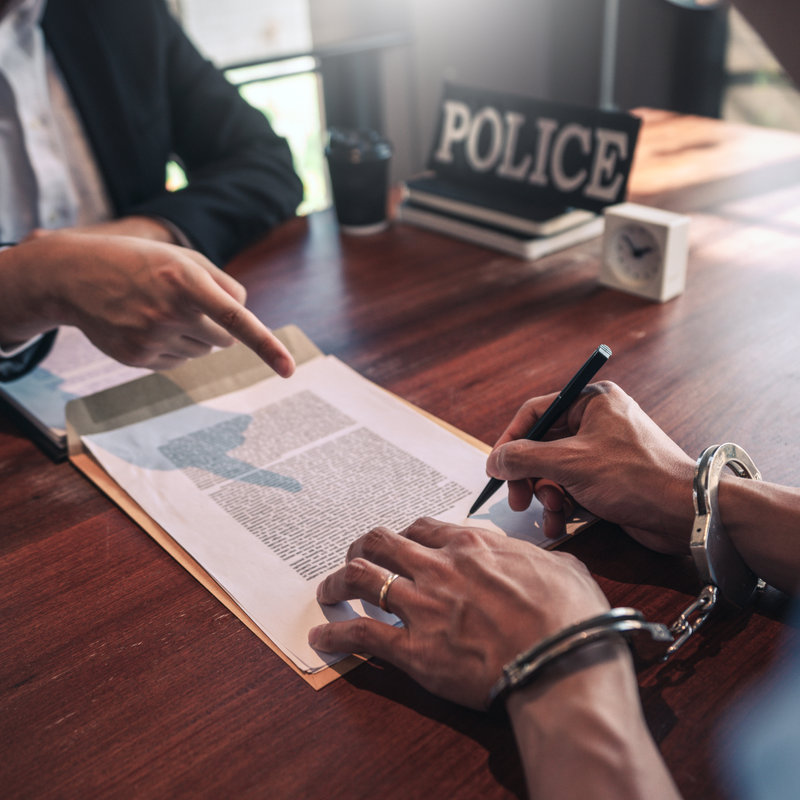
In Closing- Can you violate probation and not go to jail?
Yes, if the probation violation is a technical violation, which are minor issues like missing an appointment, you will not necessarily face jail time. This is a decision the probation officer makes whether they feel they need to notify the judge and recommend further action.

